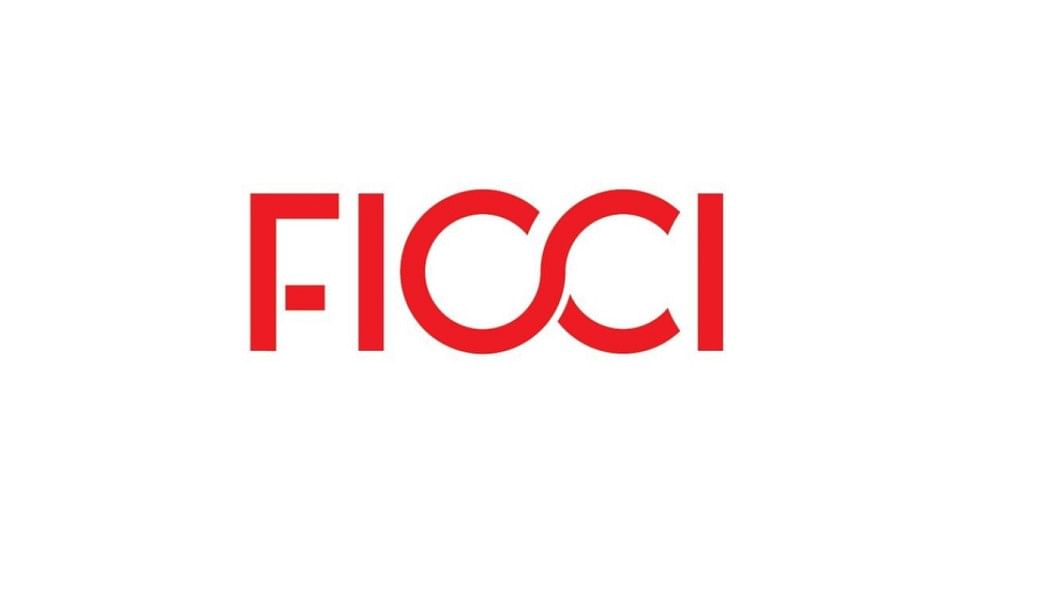
Last update on: Tue Apr 15, 2025 05:38 PM

The Foreign Investors’ Chamber of Commerce and Industry (FICCI) has expressed concern over the recent gas price hike announced by the Bangladesh Energy Regulatory Commission (BERC).
The commission introduced a revised tariff structure that differentiates between new, committed, and existing customers within the same industrial category.
Earlier this week, the government raised gas prices for the industrial sector, increasing the tariff by 33 percent for new units, despite objections from businesses and consumer rights groups.
According to the new rates announced by BERC, upcoming industries must pay the revised tariff, while existing units that exceed their sanctioned load will have to pay the higher rate for excess consumption.
In a statement issued today, FICCI said the newly introduced tariff mechanism risks creating unintended barriers for new and expanding industries.
Under the current structure, businesses with new gas sales agreements (GSAs), increased demand, or recent connections will face significantly higher tariffs compared to existing customers, even within the same industrial classification.
“This differentiated pricing model presents several challenges. It introduces inequity in energy costs across similar operations, undermines the principle of a level playing field, and could adversely affect Bangladesh’s industrial competitiveness at a time when investment momentum is building,” said FICCI.
The chamber, which represents foreign investors from 35 countries across 21 sectors in Bangladesh, said the new tariff may disincentivize both foreign and domestic investments at a critical juncture — just as the government is actively engaging the global investor community through initiatives such as the recent Investment Summit, which drew participation from nearly 50 countries.
“A transparent and equitable energy pricing framework is fundamental to sustaining investor confidence and industrial growth,” said FICCI President Zaved Akhtar.
“While we understand the evolving demands of energy management, we urge BERC to revisit this approach and ensure that policy changes align with the broader goals of economic development and FDI attraction.”
FICCI also said the provision to treat any new GSA as a new connection, even for long-standing industrial users, introduces ambiguity and could result in arbitrary reclassification.
“This could inadvertently disrupt existing business continuity and create administrative and operational uncertainty,” it said, adding that new GSAs for existing customers should not fall under the new connection tariff.
During the public hearing held on February 26 this year, industry stakeholders collectively expressed strong reservations about the proposed tariff structure, the chamber noted.
FICCI stressed the importance of continued dialogue with all relevant stakeholders, including both foreign and domestic investors, to ensure that energy reforms support inclusive and sustainable industrial growth.









